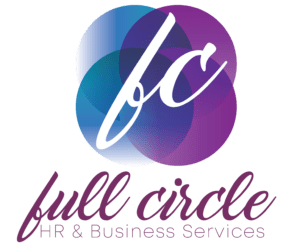As of 31 March 2024, significant changes are being implemented in Victoria regarding WorkCover claims for mental injuries. These changes, brought about by the Workplace Injury Rehabilitation and Compensation Amendment (WorkCover Scheme Modernisation) Act 2023 (Scheme Modernisation Act) aim to refine the criteria for mental injury claims and ensure a fair and sustainable compensation scheme. For employers, understanding these changes is crucial to navigating the evolving landscape of workplace injury compensation.
New Mental Injury Definition
The Act introduces stricter criteria for defining mental injuries eligible for WorkCover claims. A mental injury is now defined as an injury that:
- causes significant behavioural, cognitive or psychological dysfunction
- And has been diagnosed by a medical practitioner in accordance with the Diagnostic Statistical Manual of Mental Disorders (DSM).
This refined definition sets a higher bar for qualifying mental injuries, emphasising the need for clear evidence and professional diagnosis. For primary mental injury claims, employment must be the strongest or largest contributing cause of a worker’s mental injury for it to be eligible for compensation.
Exclusion of Stress and Burnout
Under the new definition, stress or burnout resulting from typical workplace activities such as workload pressures are no longer eligible for WorkCover claims. However, exceptions remain for mental injuries caused by repeated harassment or bullying in the workplace, as well as those resulting from stress related to traumatic events inherent to one’s employment.
Provisional Payments
All workers will continue to be eligible for provisional payments for reasonable treatment and services for work-related mental injuries for up to 13 weeks while they await the outcome of their claim, even if their claim is rejected. These payments cover the reasonable cost of treatment to support recovery including appointments with a general practitioner, psychologist, counsellor and psychiatrist, as well as medication.
Implications for Employers
Employers need to understand the implications of these changes on their obligations and responsibilities concerning workplace injury management. With stricter criteria for mental injury claims and ongoing support, employers must prioritise employee wellbeing and workplace safety to mitigate the risk of work-related mental injuries. This includes implementing proactive measures to address workplace stressors, promote a positive work environment, and prevent instances of harassment or bullying.
Your next step
- Consider how you can prioritise employee wellbeing and workplace safety to mitigate the risk of work-related mental injuries which may include assessing workplace mental health and wellbeing risks, revising internal policies and procedures and providing training to managers and employees on mental health awareness and injury prevention
- Read more about Mental Injury Eligibility on the WorkSafe Information Sheet, and other supporting changes under the Scheme Modernisation Act on WorkSafe’s website
- Speak with your Full Circle Consultant for further guidance
- If these changes affect your WorkCover claim, WorkSafe or your agent will send you a letter with more information about what this means for you and the additional support available
